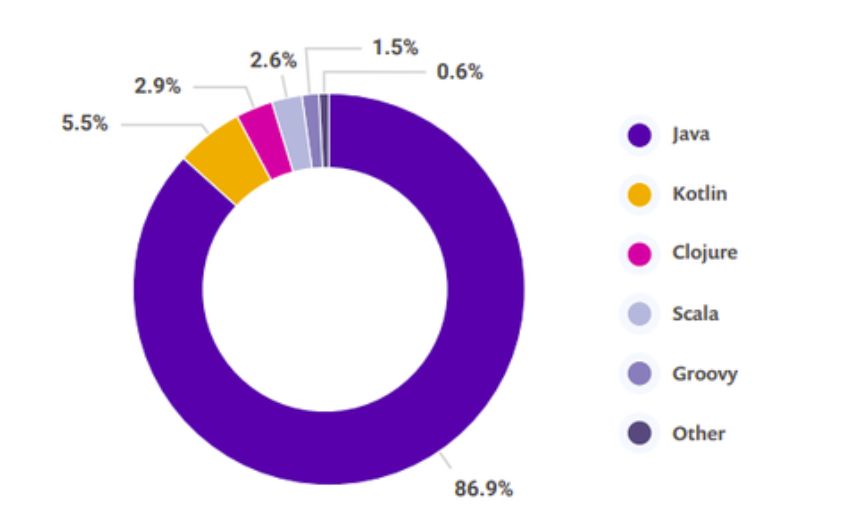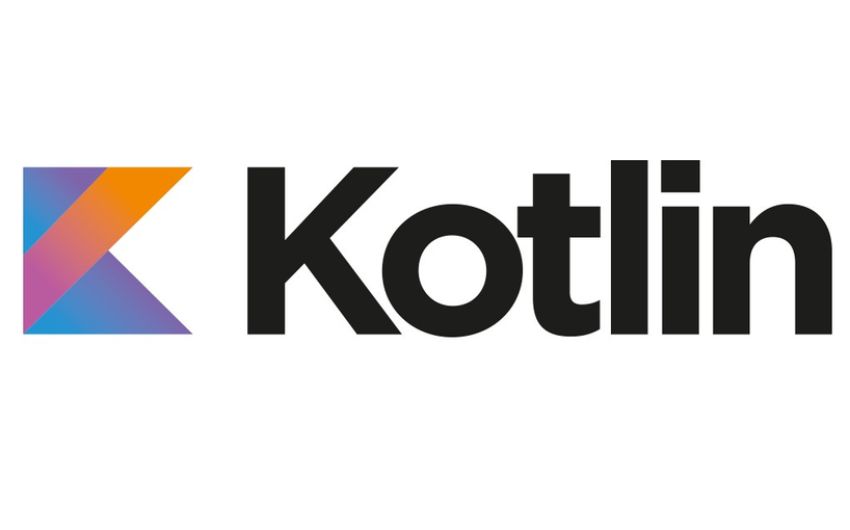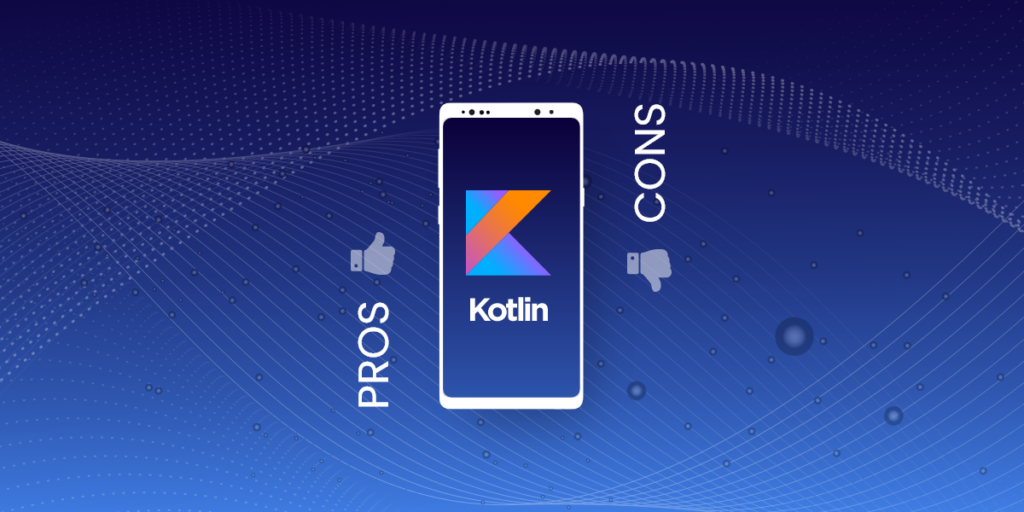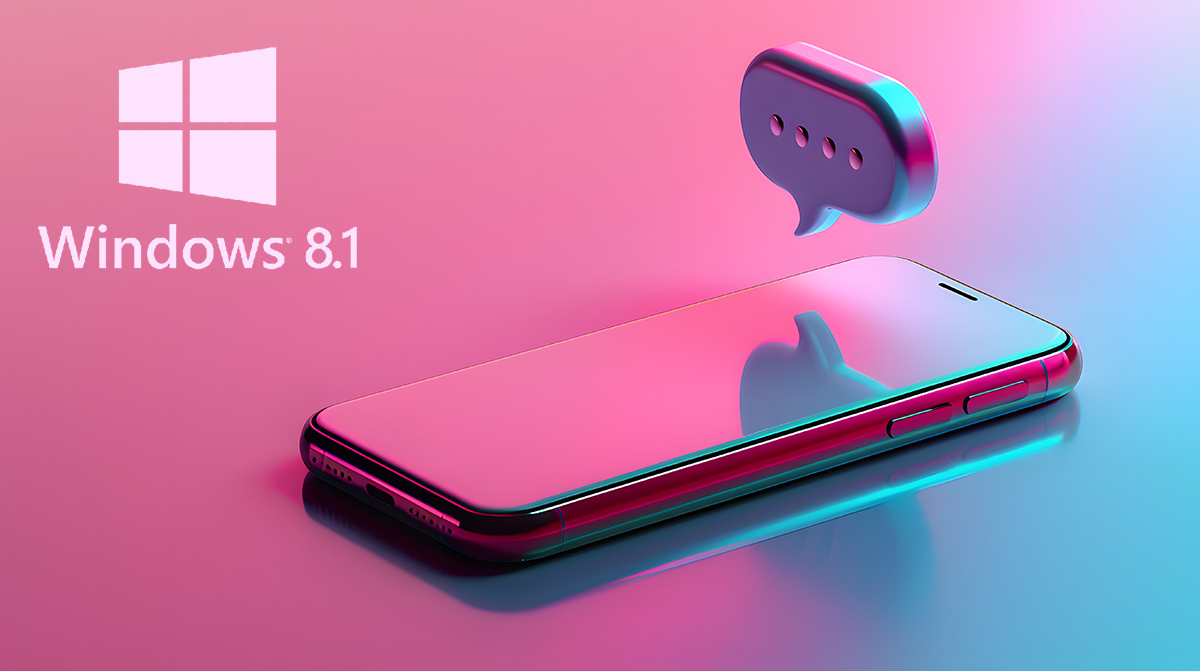
Java programming language is the most famous language for development. Java has revolutionized the entire story of the development world. Besides that, it has accelerated 50 new languages like Clojure, Groovy, Scala, & Kotlin.
Java is the oldest member of the programming landscape, making other languages new kids on the land. These programming languages are known as Java’s alternative for app development.

Please look at this Java ecosystem report; it is apparent that after Java, Kotlin & Scala are the two most widespread JVM programming languages among app developers.
Along with Java, other JVM languages evolved as well. Especially Kotlin, a language produced by JetBrains, earned a lot of popularity in the last few years, compared to other programming languages.
According to last year’s report, Kotlin raised from 2.4% to an outstanding 5.5%. On the other hand, the demand for Scala reached 2.6% from 1.83%.
Kotlin and Scala are the two famous components of the JVM world. Hence, both languages are developers’ first and foremost choices, though both have their benefits and downsides. Nonetheless, discovering the right JVM language for your next project is not difficult if we understand both of them thoroughly.
For all those who are in a dilemma and find it challenging to find the right language for your project, then your hunt ends here. In this blog, we will discover all about Kotlin and Scala. Let’s explore and determine the perfect JVM programming language for your development project.
What is Kotlin?

Kotlin was oriented by JetBrains and founded in February 2012. Kotlin is an open-source, openly unrestricted language. Kotlin has two versions, and Kotlin 1.2 is the most steady version.
The most delinquent version is Kotlin 1.6.10, released on 14 December 2021. Google has officially introduced it as an Android programming language.
The development of Kotlin uses among JVM users is not unexpected because it is seamless to integrate with Java tools like Eclipse, Maven, Gradle, Android Studio, etc.
| Google recently declared it would prioritize Kotlin when presenting new elements for Android developers and suggested that further Android apps be developed using Kotlin. |
Let’s dive into Kotlin’s pros and cons to comprehend the language in a better way.

| Benefits of Kotlin | Drawbacks of Kotlin | |
| 1. | Functional Programming Approach + OOP Style: Any Java competition must be an FP language. Kotlin might not be there yet with these concepts and types of protection, but it delivers all the features that an OOP style language and an FP approach provide. | Additional Runtime Size: If your apps are long from the start, then the extra runtime size of 800KB could be a concern for you. There is a chance for you to go through a dwindling number of downloads, and the reason can be the larger size of an application. |
| 2. | Supported By JetBrains & Google: In the battle of Kotlin vs. Scala, Kotlin has the backing of two renowned companies: the fantastic Google and the wonderful JetBrains, who are accountable for many other IDEs, such as the IntelliJ IDE for Android. | Readability Of Code: Not everything can be rainbow and unicorn. With the straightforward procedure Kotlin delivers, there is a small problem. With so much running on in such an undersized code, it becomes pretty difficult to read and comprehend at first. For novice developers, it can be overwhelming. |
| 3. | Higher-Order Functions: The amenity of higher-order functions is remarkably well-preserved in the Kotlin programming language. If you are not familiar with higher-order functions, then understand that such functions consider a function as an argument and return type. | Absence Of Official Support: Though Google has bound with JetBrains to deliver support to Kotlin, it is climactic to understand that Google does not advocate it. Even when you utilize Kotlin in Android, the autocorrect appears gradually compared to Java. |
Thus, with Kotlin, you can have excellent tooling support. And people who believed Kotlin is just some trend; then you live under a rock.
What is Scala?
Designed by Martin Odersky, it introduced Scala programming language on the Java platform for general-purpose that sustains object Organizations exploring JVM projects sometimes consider a hire remote Scala developers option to build scalable, production-grade applications with functional programming support. oriented and functional types of programming on a bigger scale. Furthermore, it is published under the Berkeley Software Distribution (BSD license).
Version 2.0 of Scala came in 2006; the current steady version 2.13.0 came in April 2019. Scala is a short form of “Scalable”: the language is scalable according to user requirements.
The latest version is Kotlin 3.1.0, released on 18 October 2021. It is the most desired technology among developers and is paving its way through modern technology.
Let’s dive into Scala’s pros and cons to comprehend the language in a better way.
| Benefits of Scala | Drawbacks of Scala | |
| 1. | Complete Support of Scala: Pattern matching is one of the best features of the Scala language. This objective utilizes the match statement, a strong performance of Java’s switch statement to express common programming patterns. It lets you correspond any data, lists, along with your own types. So please hurry up and experience it as soon as possible for those who haven’t already tried it. | Sluggish Compilation: Speed is a driving force in the coding world. A sluggish program is a big no-no. Especially for industry-grade projects, Scala’s compile-time pivots to minutes contrast to Kotlin, which endeavors to compile as quickly as Java, which takes seconds. |
| 2. | Flexibility: Scala is a bit complicated; however, it has a very flexible code syntax. The professional usage of functional programming elements makes the code flexible, extensible, and hierarchical to the exceptionally most satisfactory level. | Lacks Efficiency In The Null Safety Management: Scala endeavors an adequately take on operating null safety, but it’s not effective as it should be. As a result, the Scala equal for null safety is considered the Options keyword. As a result, there is a might be chance that you acquire an NPE at the back door. |
| 3. | Object Overloading: Scala is perfect for overloading operators. Scala uses object-based functions and determines limitlessly. Though be careful with this element. Regardless, your code readability will improve if you can perform this perfectly. If not, then the code will be challenging to understand. | Binary Compilation Is Difficult: Scala is so far from being binary compatible with some of its versions. For instance, if you can compile with Scala 2.1, you can’t say the same can compile with Scala 2.11. This feature could be nothing or everything if you work across various versions and update them specifically if they are production-Scala projects. |
As explained before, you will eventually have a complete pack of comparative factors to determine which one will pivot towards a thriving result effectively.
Kotlin vs. Scala has always been open for debate, specifically when app developers take this assignment earnestly for their projects.
Then, let’s walk ahead and explore them with the comparison to determine which one will overpower the other.
Kotlin vs. Scala: Which Java Alternatives Is The Right Choice
Worldwide Users
Kotlin and Scala language are prominent as worldwide developers, and enterprises comprehend their extensibility. Scala has been in the market since January 2004. Kotlin’s came into the picture in 2011.
Hence, Scala has more backup as it harbored less competition in its beginning years and has had to elongate to create a community. Nevertheless, the Kotlin programming language has gained a ton of traction in the past decade.
According to the latest reports in 2021, Scala and Kotlin have become the top 5 most in-demand coding languages worldwide.
The most significant benefit for Kotlin was Google adopting it for the Android Operating system. We can get search data from Google Trends to accumulate a broad idea of the appeal of both languages over time.
Market Popularity
As we mentioned before, Kotlin has the sponsorship of Google, and it helped Kotlin achieve success in driving its existence successfully in the development world. According to Google records, there’s a more wave in searches linked to Kotlin, as we can see in the graph. This shows an explicit manifestation that Kotlin is more in movement compared to Scala.
However, if you concentrate on the developers’ income annually, then you will discover that Kotlin is not ahead of Scala; in this factor, Scala wins with more significant digits.
This indicates the popularity of both languages and is favored by the developers immensely.
Overcoming Benefits
One of the advantages of Kotlin being created on top of Java is that its standard library is exceptionally lightweight. And, the .jar on MacBook is considered in at only 1.2MB. Whereas Scala doesn’t develop Java the course that Kotlin accomplishes.
It presents its solution to the limitations inflicted by the JVM and is much more significant .jar, albeit still somewhat small in the grand scheme of specialties.
Libraries and Frameworks
While discussing libraries and frameworks, both JVM languages perform excellently in the market.
On the one hand, Scala – the enduring benefit of its extended time in the market – enables developers with a broad spectrum of libraries and scala frameworks to operate effortlessly with APIs and applications.
Take a look at Libraries and Frameworks of Scala:
Scala libraries are Slick, Shapeless, Akka, and Play Framework.
On the other end, Kotlin also has many providing in spans of community libraries & frameworks.
Take a look at the Libraries and Frameworks of Kotlin:
The most famous Kotlin libraries are Ktor, Exposed, and Arrow.
Operator Overloading
Although Java does not sustain Operator overloading, both Scala and Kotlin come packed with this functionality. Hence, it is significant to view this element to understand whether to prefer Scala or Kotlin for JVM-based development requirements.
Kotlin concentrates on making a balance between force and readability. It licenses developers to excess the fundamental operators but abstains them from restricting new ones. This makes it more comfortable for one to comprehend Kotlin operators’ precise novice developers but decreases the flexibility.

Unlike Kotlin, Scala runs with quite an indulgent system to operator overloading. This makes it more straightforward for developers to report more human-readable codes, and thus, it creates a right fit while completing interior domain-specific languages. Unfortunately, though, at the same time, it can result in chaos if utilized incorrectly.
Wrapping Up
The battle of Kotlin versus Scala might never come to an end soon. While Kotlin and Scala have optimistic moments in some methods, they are behind in some features.
For instance, if you require to utilize existing Java libraries, then Kotlin is the better option. On the other hand, Scala programming language may be a more acceptable option for functional programming than Kotlin. This is because it has more characteristics that allow easier usage of this paradigm.
Regardless, this does not indicate that one is more acceptable than the other. It just suggests that they are diverse programming languages, with both them having their benefits and drawbacks. The best choice for you will rely on your exact conditions.
Related Articles
-
Build Mobile Apps to Cover all Industries and Business Verticals
Talking About Build Mobile Apps to Cover all Industries and Business Verticals, Diversification of business strategies is today’s mantra for business success. Traditional marketing and business strategies moved towards online
-
New Opportunities with Windows 8.1 Mobile Application Development
Windows 8.1, released last month is already shipping with some of Nokia’s Lumia series of smartphones and is already catching on. The operating system comes with a host of new
-
5 Powerful Fintech Payment Trends to Leverage in 2023
With the surge in online transactions during the pandemic, payment solutions have leveled up drastically in the last couple of years. As a result, fintech app trends saw an all-time




